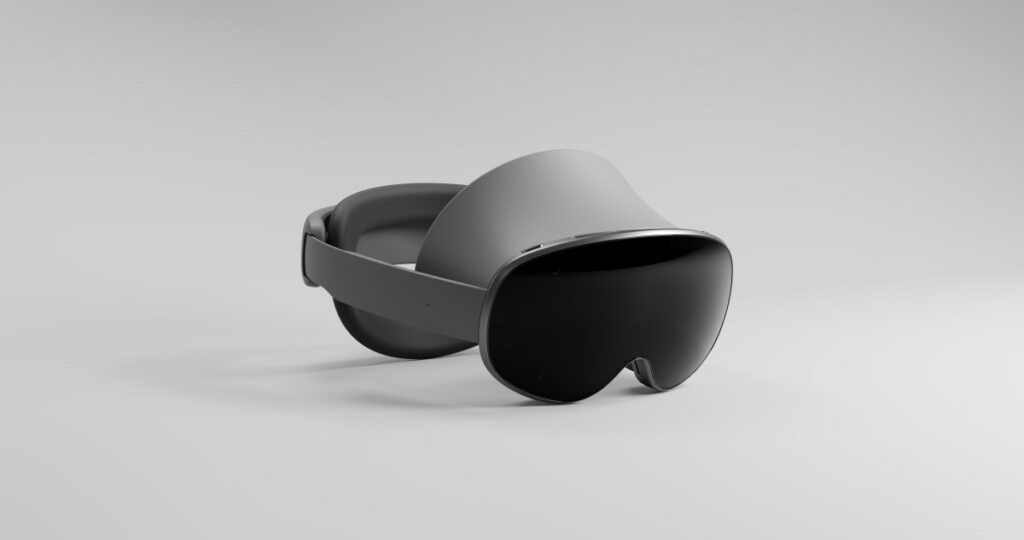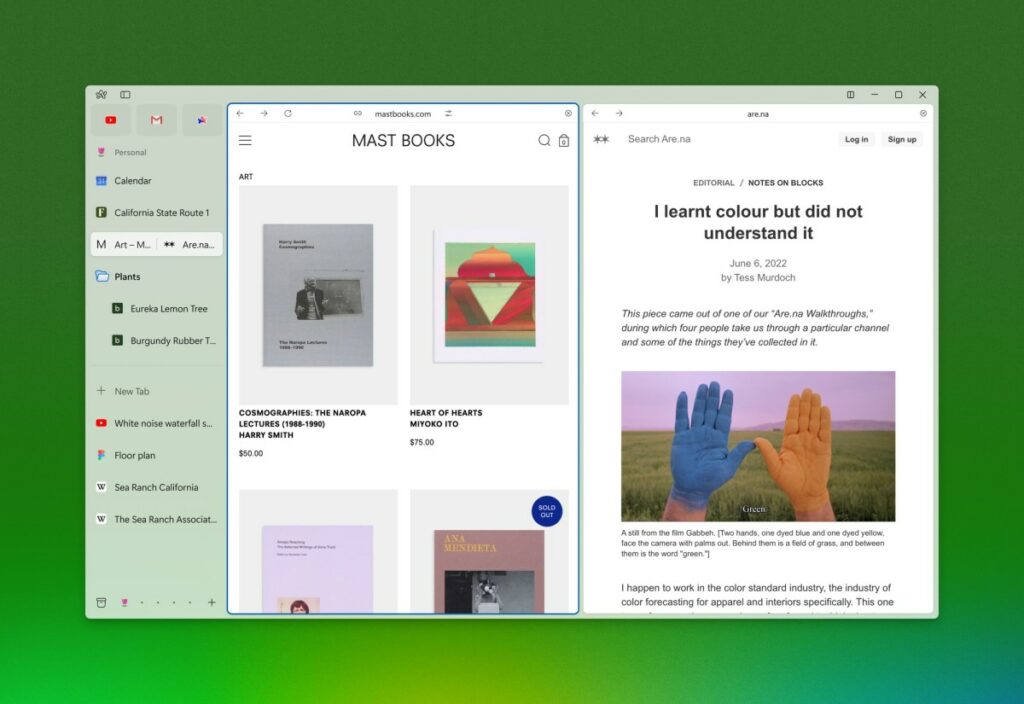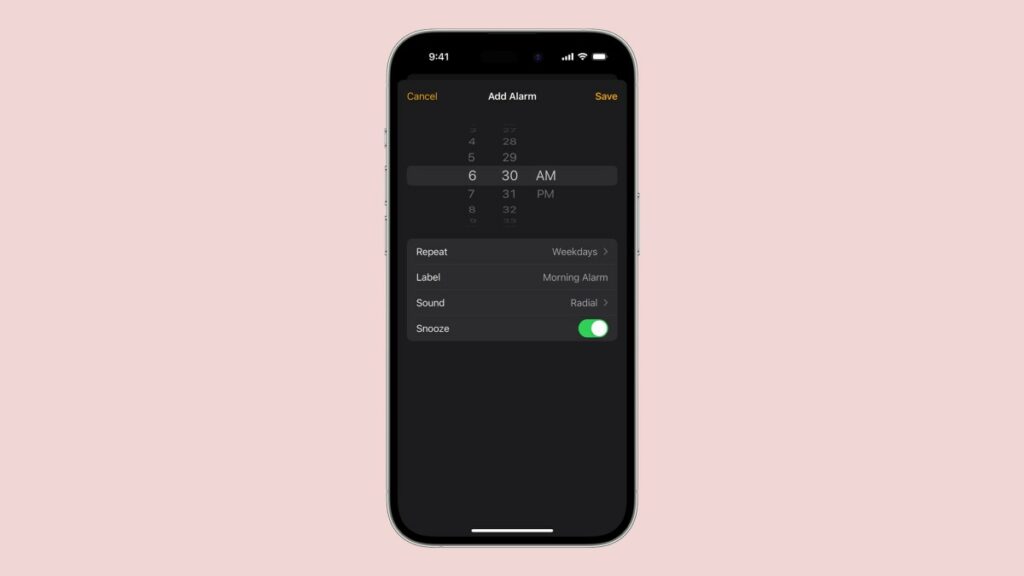Google said that it is launching a new Android-based XR platform on Thursday to accommodate AI features. The company said the platform, called Android XR, will support app development on different devices, including headsets and glasses.
The company is releasing Android XR’s first developer preview on Thursday, which already supports existing tools, including ARCore, Android Studio, Jetpack Compose, Unity, and OpenXR.
Project Moohan headset
The company noted that Android XR will first launch with the Smasung-built Project Moohan headset, which will be available for purchase next year. Samsung, Google, and Qualcomm announced a partnership to produce an XR device early last year. After the announcement, reports of a power struggle between Google and Samsung about the control of the project emerged. In July, Business Insider reported that while the headset was supposed to be shipped earlier this year, the launch was delayed.
Google noted that the headset will be able to easily switch between a fully immersive experience and augment content on top of real-world surroundings. Plus, users will be able to control the device with Gemini and ask questions about the app and content that they are looking at.
App ecosystem and Gemini
Google said that because Android XR is based on Android, most mobile and tablet apps on the Play Store will automatically be compatible with it. This means anyone buying a headset with an Android headset will already have a library full of apps through the Android XR Play Store.
This is possibly the company’s play to counter Apple’s $3600 Vision Pro, which hasn’t taken off as the company would have expected. Vision Pro had a limited number of apps at launch, which has grown over time. However, the cost is a prohibitive factor for more users to adopt the headset.
It’s not clear where Samsung and Google will price this headset, but the company is positioning itself so that users will have better app access.
Google is redesigning YouTube, Google TV, Chrome, Maps, and Google Photos for an immersive screen. Notably, Google didn’t release a YouTube app for Vision Pro and also made developer Christian Selig pull out his app Juno for YouTube viewing from the App Store.
The company is also adding an Android XR Emulator to Android Studio so developers can visualize their apps in a virtual environment. The emulator has XR controls for using a keyboard and a mouse to emulate navigation in a spatial environment.
The company is pushing Gemini for Android XR, too. Apart from screen control and contextual information, it will also support Circle to search feature.
Support for other devices
Google said that it hopes that Android XR will support glasses with “all-day help” in the future. The company is seeding its prototype glasses to some users as well, but it hasn’t specified a date for consumer launch.
The search giant showed a demo where a person asked Gemini to summarize a group chat and ask for recommendations to buy a card for a friend. Another demo showed the person wearing glasses asking Gemini for a way to hang shelves through.

Google said companies such as Lynx, Sony, and XReal, which utilize Qualcomm’s XR solutions, will be able to launch more devices with Android XR.
The Mountain View-based also specified that it will continue to work with Magic Leap on XR. However, it is unclear if Magic Leap will utilize Android XR.
Google has had a few attempts at AR and VR with Project Tango, Daydream, and Cardboard VR. However, the company will hope that its Android XR effort will stick with both hardware makers and software developers.


